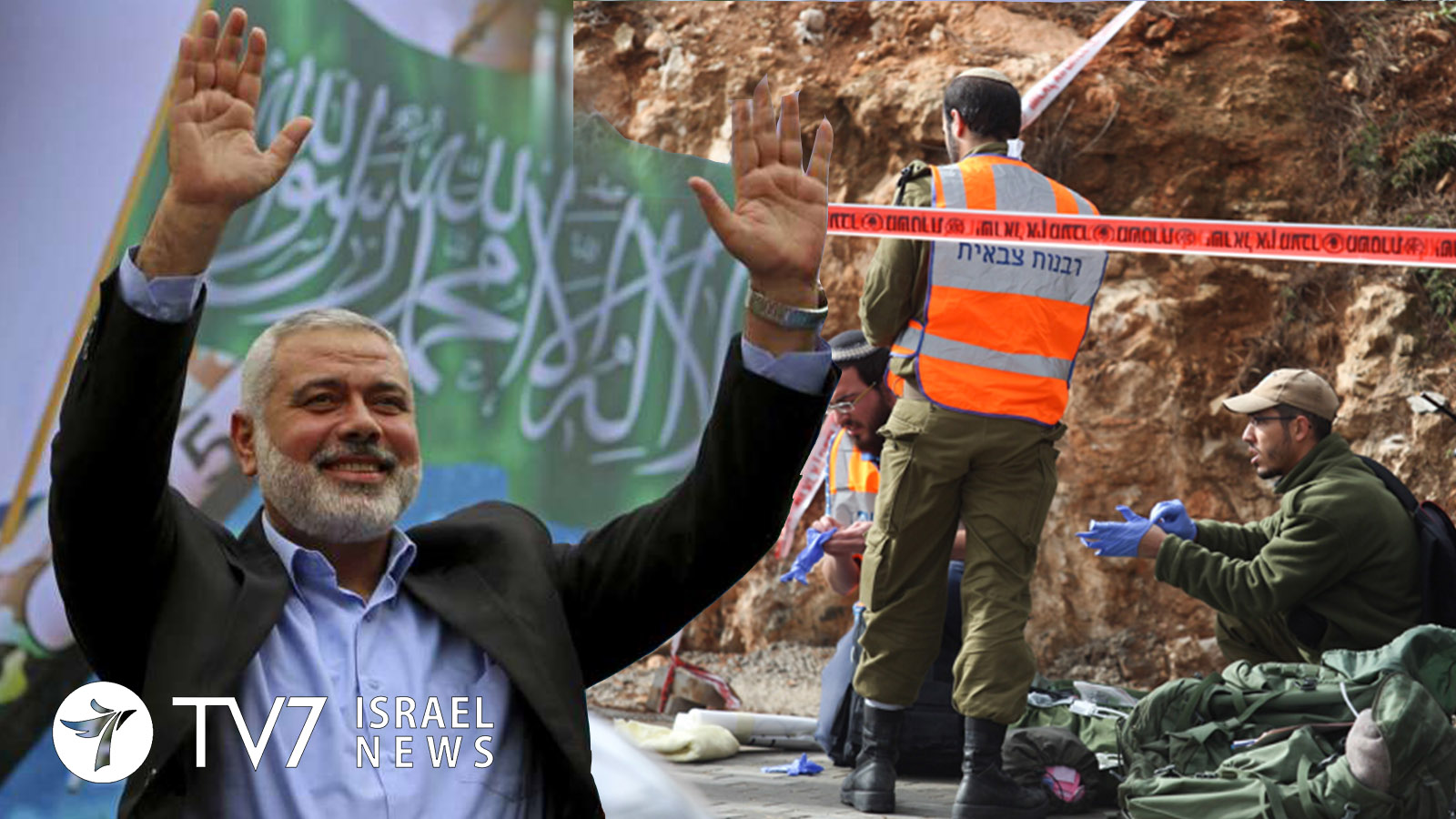The United Nations Security Council held a special meeting last night, during which the world body’s special representative for the Middle East Peace Process, Nikolay Mladenov, provided an elaborate briefing on the latest developments pertaining to the Israeli-Palestinian conflict. The contents of the briefing focused on the implementation of U.N. Security Council Resolution 2334, covering the period between the 13th of September to the 14th of December. While Mladenov condemned both Israel’s construction policy on disputed territories, referring to Israeli West Bank settlements and neighborhoods in East Jerusalem; the U.N. envoy also commented on the dangerous phenomenon of incitement that provided tailwind to the latest violent escalation. According to Mladenov, “Security Council Resolution 2334 calls upon the parties to, I quote, refrain from provocative actions, incitement and inflammatory rhetoric, end quote. Unfortunately, such actions and statements continued during the reporting period. Hamas continued to use its inciteful and inflammatory rhetoric, its officials praised the stabbing and shooting attacks that killed Israeli civilians as heroic and mourned the killers. Fatah, including on its official social media accounts, also commemorated and celebrated the perpetrators of recent attacks as well as past terror attacks in which Israeli civilians have been killed. In a radio interview a senior member of the party glorified the perpetrators of stabbing attacks in Jerusalem. In addition, senior Palestinian religious leaders made a serious of inflammatory speeches, alleging Israeli intentions to destroy the al-Aqsa Moschee or change the status quo of the holy sites in Jerusalem.” The U.N. envoy further pointed to a series of statements made by Israeli politicians, which he referred to as “Provocative and highly problematic” due to the fact that the speakers sought to encourage violence and to undermine the internationally aspired two state solution. The UN Special Coordinator for the Middle East Peace Process stated that “Israeli officials have also made provocative and highly problematic statements, encouraging violence and undermining the two-state solution. In the wake of the recent violence in the West Bank, politicians have called for the deportation of families of attackers. Separately they have been calls for a shoot to kill policy in Gaza, and one politician has gone as far as to call for President Abbas to be assassinated.”
Meanwhile, outgoing U.S. Ambassador to the United Nations Nikki Haley took the opportunity to voice her opinion on the anticipated American peace initiative, dubbed by the Trump Administration as “the deal of the century.” Ambassador Haley stressed that while the conflicting sides of the decades-old conflict would benefit greatly from a peace agreement – it is time for the international community to face the hard truth of reality. According to her, “It is time we faced a hard truth. Both sides would benefit greatly from a peace agreement, but the Palestinians would benefit more, and the Israelis would risk more. it is with this backdrop in mind, that the Trump administration has crafted its plan for peace between Israel and the Palestinians.” Ambassador Haley, who spoke for the last time at the Security Council as the U.S. Representative to the United Nations, revealed the comprehensive nature of President Trump’s peace initiative, which will introduce new elements to the discussion, while embracing the reality that “things can be done today that were previously unthinkable.” Haley elaborated, saying “I don’t expect anyone to comment on a peace proposal they have not read, but I have read it, and I will share some thoughts on it now. Unlike previous attempts at addressing this conflict, this plan is not just a few pages containing unspecific and unimaginative guidelines. It is much longer. It contains much more thoughtful detail. It brings new elements to the discussion, taking advantage of the new world of technology that we live in. It recognizes the realities on the ground in the Middle East have changed and changed in very powerful and important ways. It embraces the reality that things can be done today that were previously unthinkable. This plan will be different from all previous ones. The critical question is whether the response will be any different. There are things in the plan that every party will like, and there are things in the plan that every party will not like.” Ambassador Haley also pointed to the importance of participation by Arab countries in bringing both sides to the table – urging Arab leaders to change their public attitude toward the Jewish state, by informing their constituencies of what is viable to attain for a final-status-agreement to the Israeli-Palestinian conflict. In her words, “To my Arab friends, I have heard privately from many of you. You’ve said that you know a solution is urgently needed. But your governments have not been willing to talk to your constituencies about what is realistic, or to the Palestinian leadership about the harm they’re doing to their very own people. By taking the easy way, you’re really saying that the Palestinian people are not a priority for you, because if they were, you would all be in a room helping bring both sides to the table.”
In response to Ambassador Haley’s statement, eight European Union member states warned the Trump administration not to abandon the agreed-upon principles for a permanent status arrangement between Israel and the Palestinians, which includes a two-state solution based on the 1967 borders with Jerusalem as their joint-capital.
